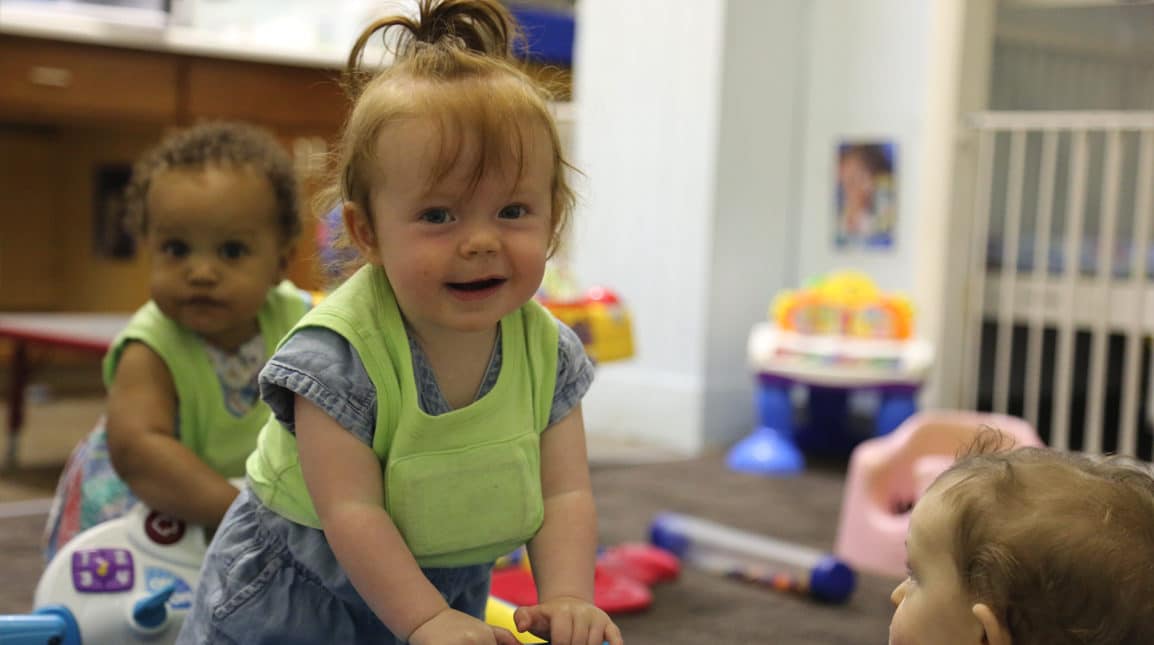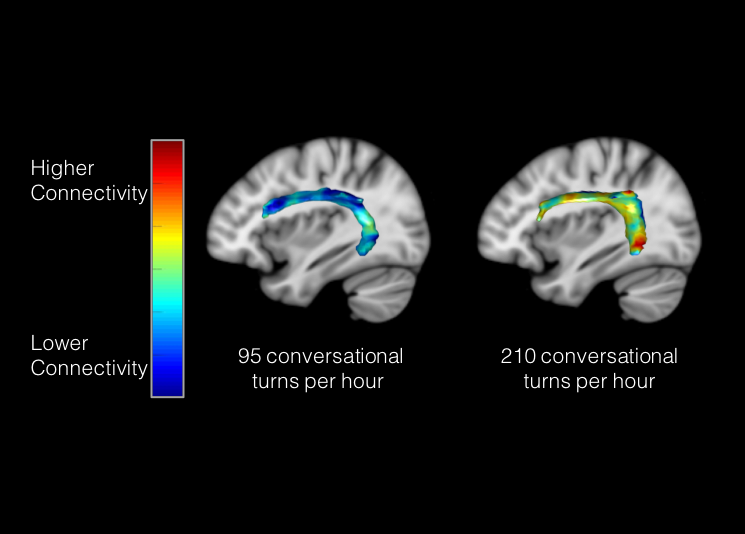Alabama has Quality STARS, New York has QualitystarsNY, Washington has Early Achievers, and nearly every state in between has its own iteration of a Quality Rating and Improvement System (QRIS) for early childhood programs and child care centers.
Early childhood education has taken center stage as a national priority, and for good reason. School readiness gaps are real, and quality care for infants, toddlers, and preschoolers is a critical part of the solution. The White House calls the American Rescue Plan “the single biggest investment in child care since World War II.” QRISs are in place — and have been since the 1990s — to assess the quality improvements expected to come out of that investment and to help families make informed decisions about where their children spend their days.
In this post, we turn to the QRIS developed in Texas, called Texas Rising Star. Specifically, we think a recent change to how the Texas Rising Star system evaluates child care programs speaks volumes about quality care across the country. Quality child care depends so much on adult-child interactions, and Texas Rising Star has shined a light on that.
How did Texas Rising Star change?
Before 2021, five different categories carried equal weight for child care programs seeking Texas Rising Star certification:
- Director and Staff Qualification and Training (20%).
- Curriculum (20%).
- Parent Involvement and Education (20%).
- Nutrition and Indoor/Outdoor Activities (20%).
- Caregiver-child Interactions (20%).
It was in January of 2021, still amid the COVID-19 pandemic, that a new rule went into effect. Five categories became four — Parent Involvement was incorporated into Program Administration — and Teacher-Child Interactions grew to account for a full 40 percent of a program’s total assessment.
Why?
Because, as the state’s Texas Rising Star guidelines document explains, “[T]eacher-child interactions are known to correlate strongly with high-quality care and positive child outcomes.”
That’s a statement perfectly in tune with the drum LENA has been beating for so long: Back-and-forth interactions between a child and the adults in that child’s life may have an enormous bearing on the child’s future. We call those back-and-forth interactions conversational turns, and peer-reviewed research links them to improvements in brain function, socioemotional development, executive functioning, and more.
How have early childhood educators in Texas responded, and how has LENA Grow helped?
Throughout Texas, several different organizations provide mentorship services for teachers in child care programs to help their centers achieve Texas Rising Star certification. For example, regional branches of an organization called Workforce Solutions work to promote economic growth and a skilled workforce. Folded within that mission is an emphasis on early childhood education. Another organization, ChildCareGroup, provides Texas Rising Star mentoring in service of its mission to “champion a strong two-generation system that teaches children and parents, trains early childhood professionals and assists families.”
ChildCareGroup and several Workforce Solutions branches work with LENA as program implementation partners, offering LENA Grow as a professional development program for early childhood classroom educators. With their students wearing LENA’s “talk pedometer” devices and with ChildCareGroup and Workforce Solutions coaches guiding their progress, teachers learn about the importance of interactive early talk. And with LENA’s data-driven reports, they also gain detailed insights into how they interact with each individual child in their care.
“Naturally, we want to focus on that a lot more because it’s something that can impact our providers’ star levels,” said Morgan Armstrong, Child Care Quality Program Supervisor with Workforce Solutions for North Central Texas. “We’re looking for resources to help support them in that area.”
The initial results have been remarkable. For instance, coaches with Morgan’s team have helped teachers in the Dallas-Fort Worth area increase their conversational turn rates by 24 percent among all participating children. Among the children who started the program experiencing the least amount of talk, below 15 conversational turns per hour, the gains are even more impressive — 89 percent. Between Workforce Solutions for North Central Texas and ChildCareGroup, nearly 100 teachers have already completed LENA Grow since 2020, putting their centers in a good position to achieve and maintain high Texas Rising Star ratings. They’re ready for the renewed emphasis on adult-child interactions.
“Providers are slightly concerned because of the timeframe,” said Racquel Washington, Early Learning Quality Initiatives Manager with ChildCareGroup. “They would like more time, but our mentors have been working with them and providing training and resources to help with the updates.”
We hope that LENA Grow’s emphasis on increasing interactive talk will continue to help now and for years to come.






